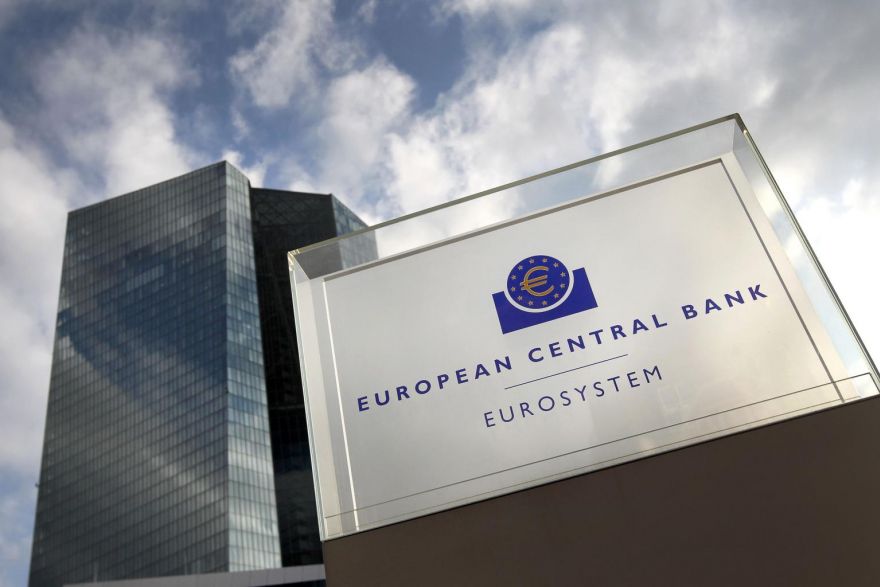myTU and Intrepid Fox Partner to Bring AI Agents to...
- 04.02.2026 09:15 am
Oracle Reimagines Banking for the AI Era with New...
- 03.02.2026 02:15 pm
Allica Bank Selected for New Scale-Up Unit To...
- 03.02.2026 10:45 am
in1bank Ceasing Banking Activities and Returning...
- 02.02.2026 12:35 pm
Santander Announces Changes to Its Branch Network as...
- 02.02.2026 11:25 am
FICO And Tech Mahindra Partner To Accelerate AI-Driven...
- 30.01.2026 08:45 am
GFT And Ozone API Partner To Guide Canadian...
- 30.01.2026 08:25 am
Jack Henry’s Transaction Enrichment, Powered by Bud...
- 29.01.2026 07:55 am
Remara and 10x Banking Announce Strategic Partnership...
- 29.01.2026 07:45 am
Plumery and Lokalise Partner to Power Hyper-Localised...
- 28.01.2026 09:15 am
Revolut Launches Full Banking Operations in Mexico,...
- 28.01.2026 08:00 am
Revolut Launches Full Banking Operations in Mexico,...
- 28.01.2026 08:00 am






















